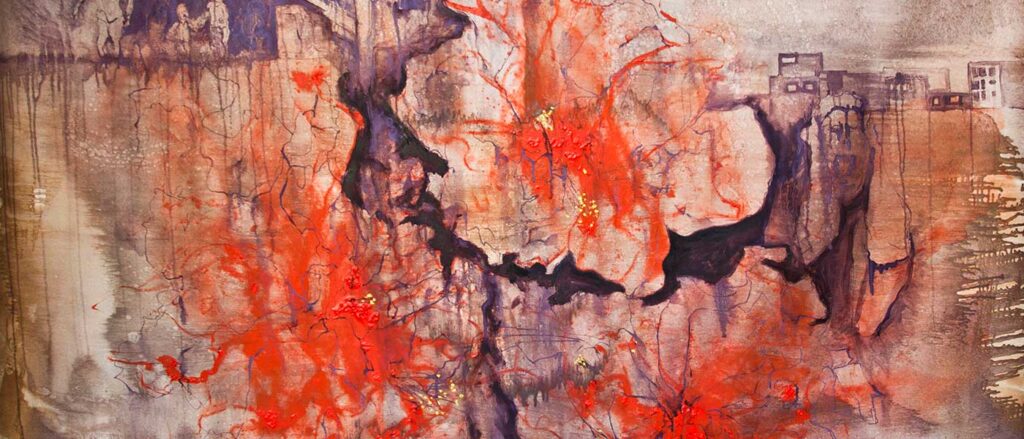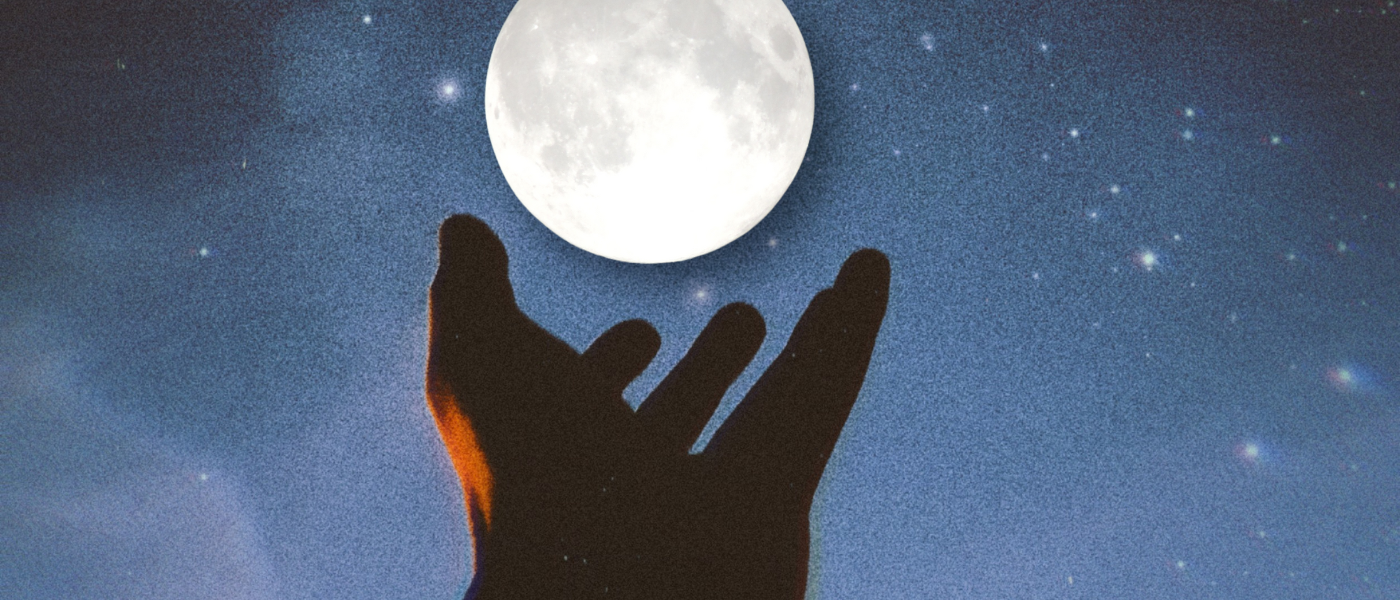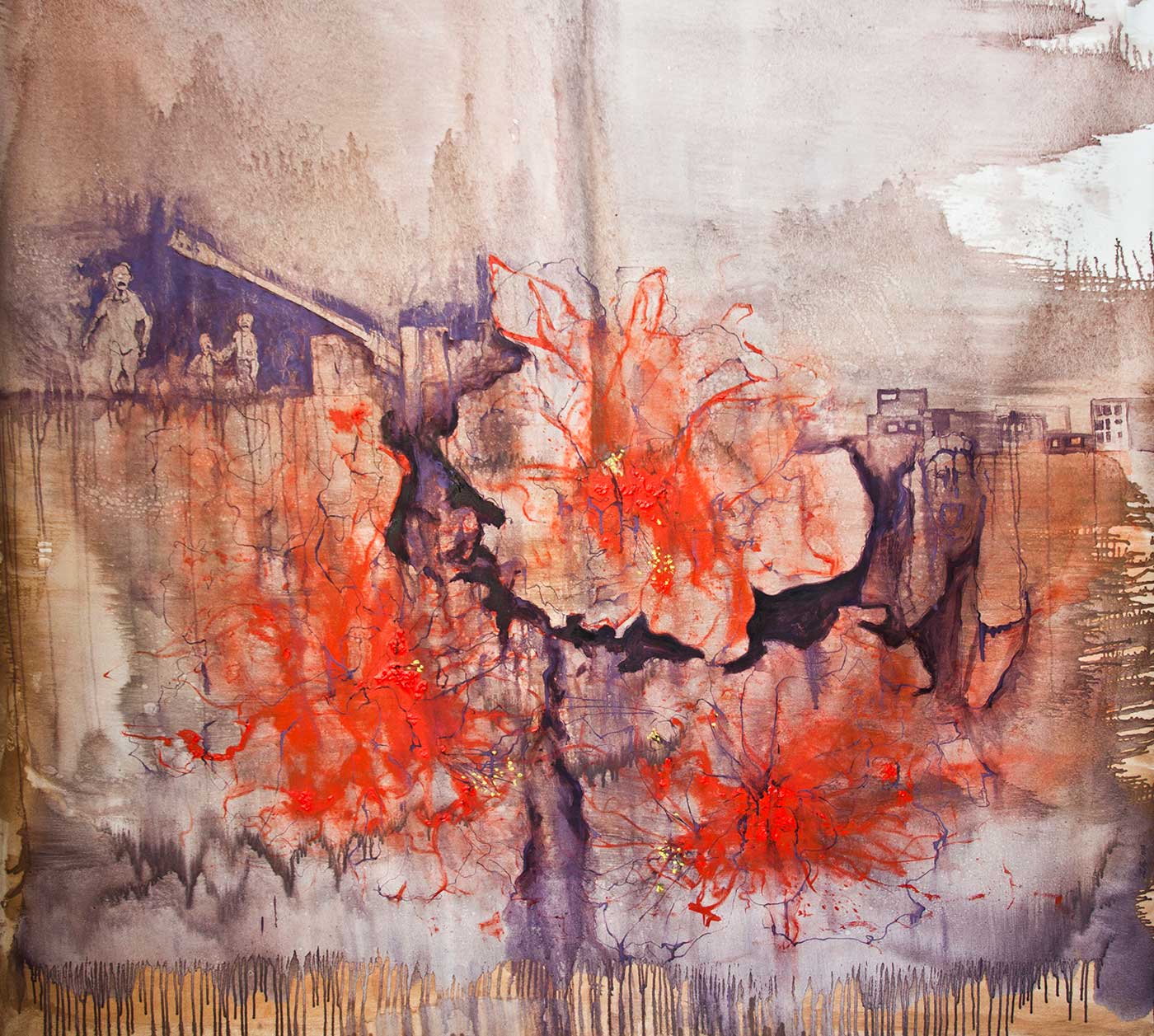
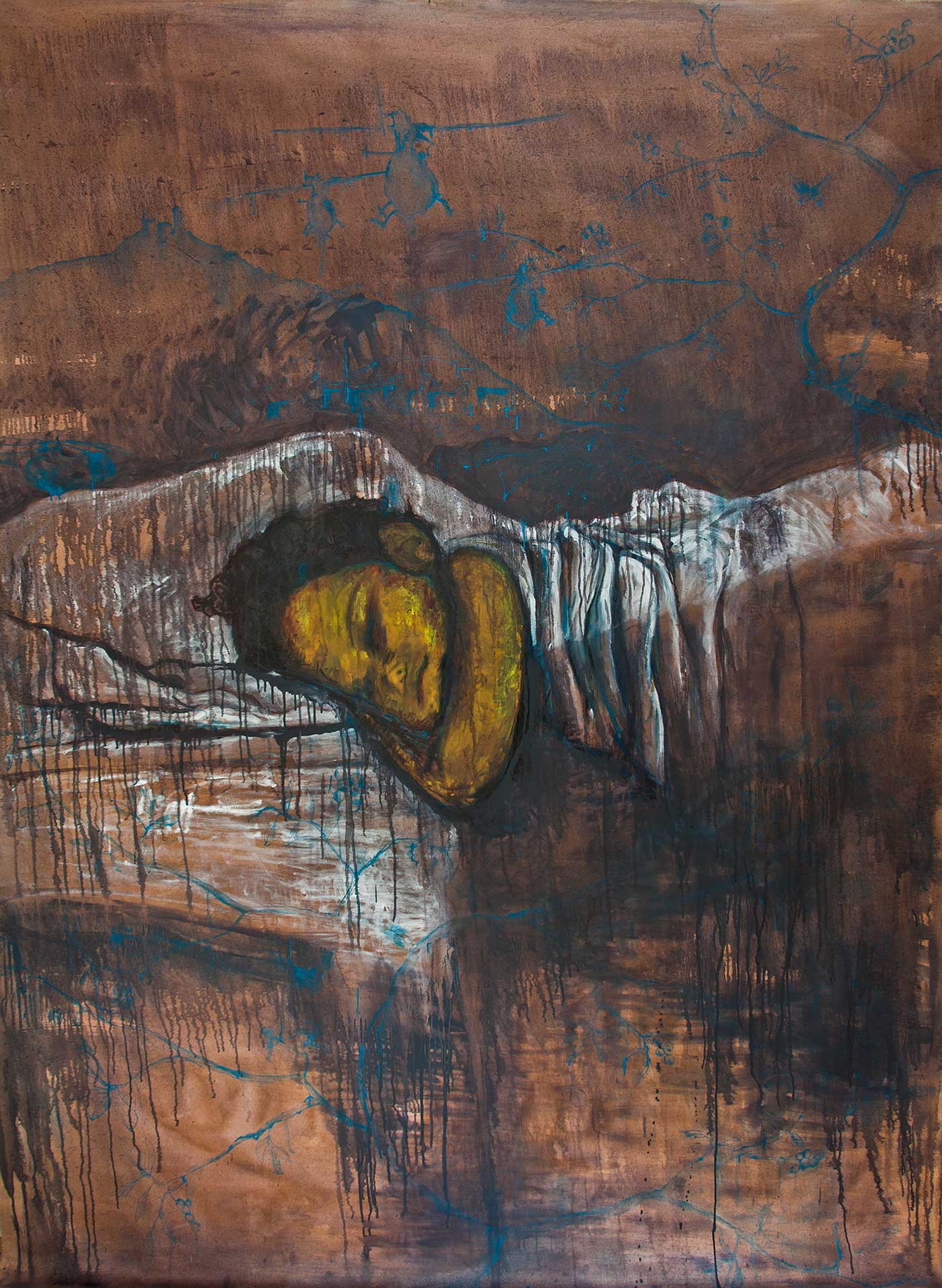
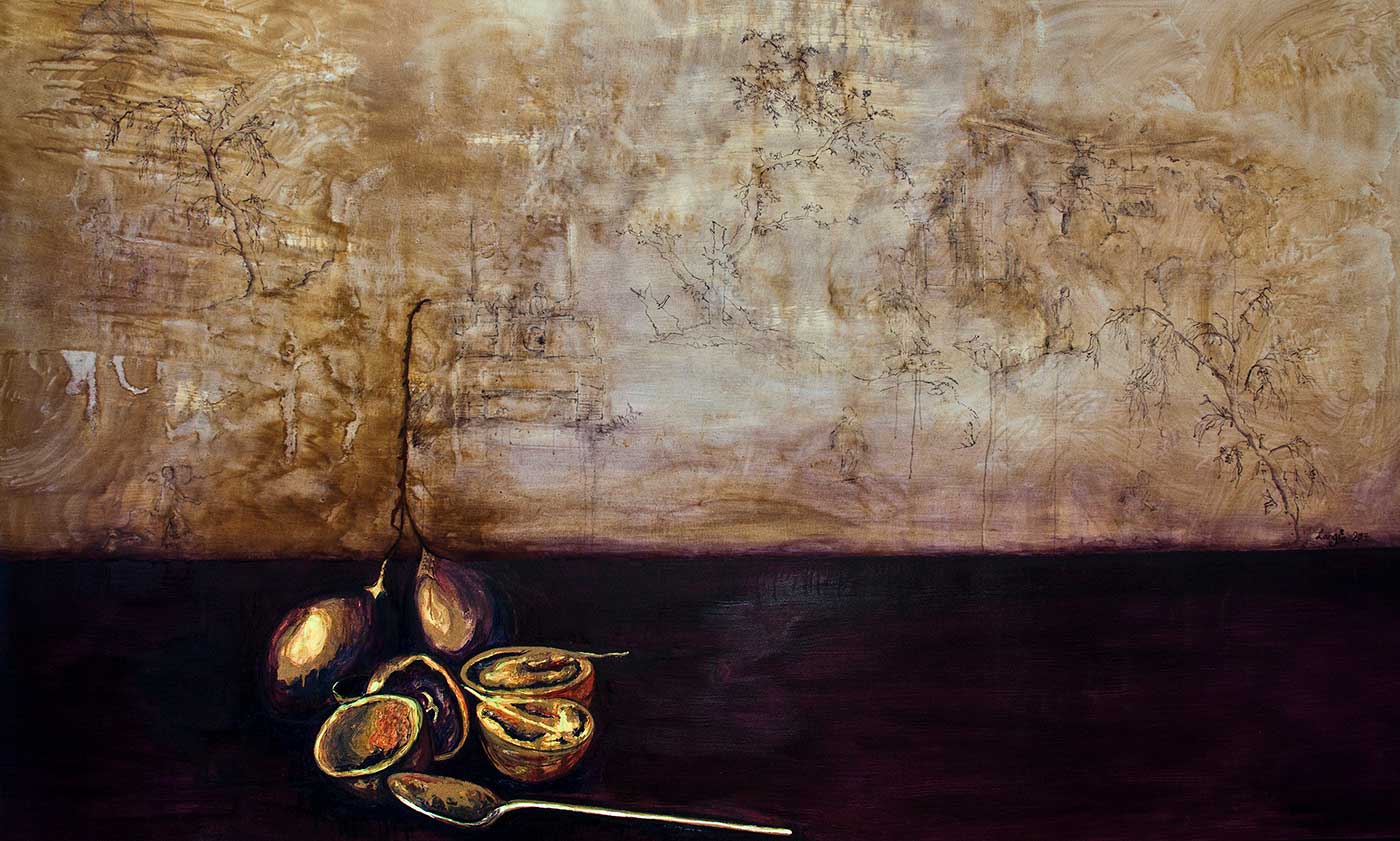
Since the end of the Cambodian Civil War in 1975, and the horrific killing fields following the next four years, Cambodia has never recovered; it became and remains a third world country dependent on aid, while neighbouring countries like Vietnam, China, and Thailand exploit what land and resources there are left of the once-mighty Angkor Nation. Over half the population suffers not only from poverty, but having to live with the trauma and debris caused by the Cambodian genocide as carried out by the Khmer Rouge regime under the notorious leadership of Pol Pot, inflicting a population loss between 1.67 and 1.87 million people from 1975 to 1979, or 21 to 24 percent of Cambodia’s 1975 population.
My first memories were after my family had arrived in New Zealand as refugees in 1982 when I was eight years old. Everything before that was a blur. I was a child trapped in a war zone, born in 1974 — six months before the end of the Cambodian Civil War, and the start of year ‘zero’ the notorious killing fields as declared by the Khmer Rouge governing regime. While growing up in New Zealand, my parents told me stories of what had happened, but I could not remember or relate to any of it.
In 1998, when I was an aspiring young artist trying to find my voice, the Bosnian War was everywhere in the media — on our TV screens and in our newspapers. In response, I felt the urge to start a large multimedia painting with newspaper clippings of the war collaged onto stretched silk canvas. This then triggered a memory perhaps from my subconscious, the experience I had as a child during the Cambodian War. I then started a painting series called the Red Cross series. It was an abstract but figurative painting series filled with symbolism.
In 1999, before finishing the last three of the 12 paintings in the series, I decided to take an intrepid journey back to Cambodia, without my family at a time when Cambodia had only just become popular amongst young budget travellers. I was curious to reconnect and relate, wanting to understand what I had painted. What I saw when I travelled through Cambodia left me stunned at how little the country had recovered from the war after 1979. The roads were full of potholes, the countryside wild and undeveloped, while the buildings in the city were broken if not falling down, filled with people living in poverty among the remains of the destruction of war. Amidst all of this tragedy and sadness, an answer to my desire to reconnect with my memories of the country I was born in, and maybe interpret and understand the paintings I started back in New Zealand, was nowhere to be found.
So I came to my own conclusion and interpretation of the paintings: there were three repeated characters: 1. butterflies: fragile, beautiful — symbolizing human life; 2. Mosquitoes: fierce, brutal, harmful — symbolizing war; and 3. collages of a red cross on a white cloth — symbolizing flags from the United Nations and Red Cross in the refugee camps.
Since the Red Cross series, my artwork has continued to address the personal yet universal tragedy and brutal challenges of war; perhaps deep inside my subconscious among my lost childhood memories, I am urged not to accept, but to question why war and all its complexities continue to haunt us.
My current paintings within Still Life/Wallpaper (2017–2019), illustrate a similar allegory to that of British author China Miéville’s story The City and the City, a metaphor for a modern life in which our habits of “unseeing” allow us to ignore that which does not directly affect our familiar lives. Every day we are presented with news stories on our media platforms; whatever the atrocities, we can choose to switch off and train ourselves to “unsee” what is happening.
In relation to “Willful Innocence,” this series illustrates that when we choose to ignore devastating current events happening around us — by claiming innocence — atrocities caused by wars continue to manifest and be a part of our landscape.

